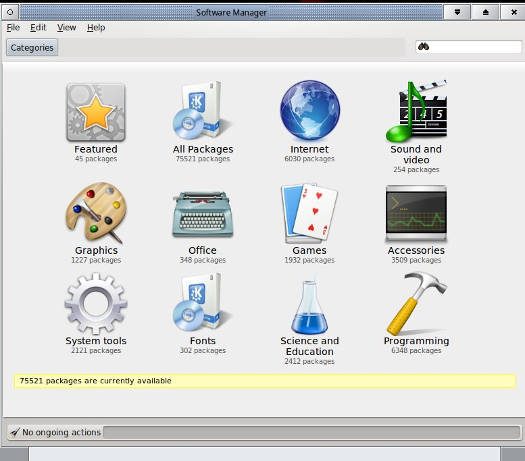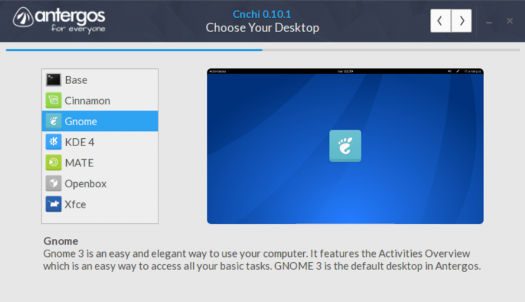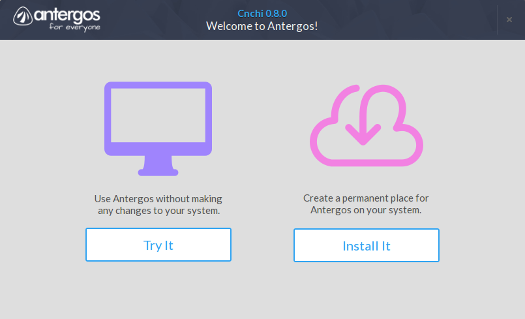A new open source tinkerer begins his journey with Ubuntu MATE Linux on an ancient laptop with almost the greatest of ease. Almost.
The Linux Gadabout
For years I’ve been toying with the idea of tinkering with Linux and seeing what this whole open source thing is all about. I’m not ashamed to say I’ve been mostly a Windows (and sometimes an OS X) user for most of my adult life (and a Commodore 64 and Apple IIe user when I was much less of an adult). In truth though, I’ve always had a healthy respect for those who dabble in the arcane arts of open source. The DIY aesthetic reminds me of the kids in high school shop class who would make their own guitars, and the punk bands I knew who would record demo tapes in their garages and tour the country in rusty, decades-old vans. The community exudes a spirit of exploration and an overall attitude of “permission be damned” that, as an outsider, I admire.
“Bob” Fogarty was the editor-in-chief at Chris Pirillo’s LockerGnome.com for nearly 12 years, and has written for ReadWrite.com and TheArtofCharm.com. He lives in San Diego with his wife and a medium-sized menagerie of beasties great and small. Follow him on Twitter: @Fogarty


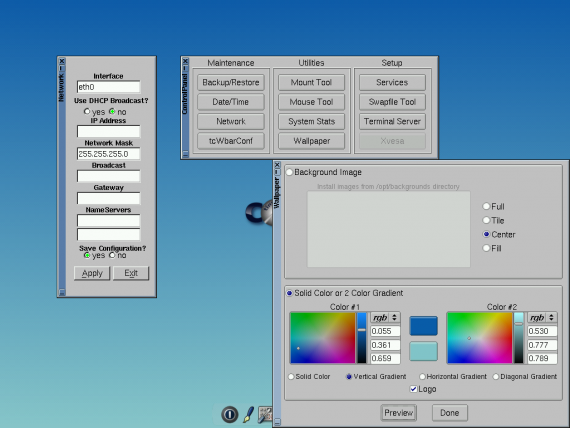
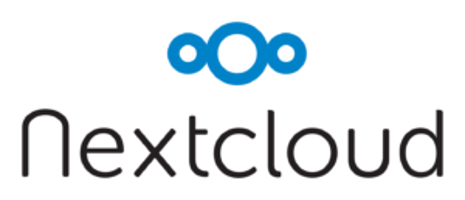
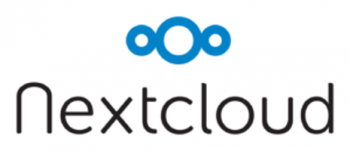 Meanwhile, it’s been an interesting week in the world of FOSS…
Meanwhile, it’s been an interesting week in the world of FOSS…